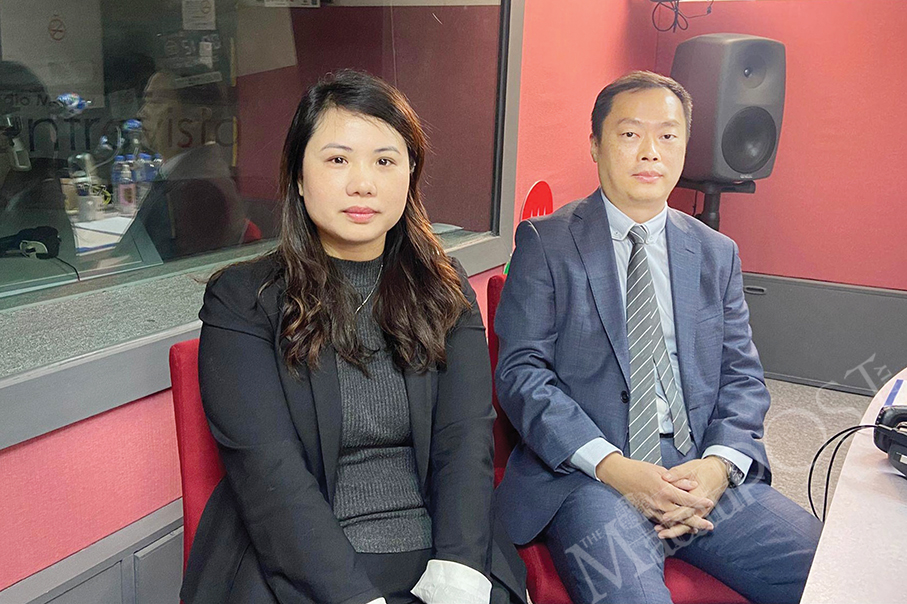Personal Data Protection Office (GPDP) Deputy Director Iao Hin Chit said yesterday that between 2020 and last year his office had launched 60 investigations into cases relating to “doxxing”, in which 23 people have been fined a total of 195,000 patacas.
Doxxing is the act of publicly providing personally identifiable information about an individual or organisation, usually via the internet, according to Wikipedia.
Iao pointed out that the problem of “doxxing” has always existed, in which people publish others’ personal information online out of “anger or revenge”, hoping to get the people concerned criticised or “judged on the internet” by netizens.
Collecting personal information of others in different ways and releasing it on the internet, social media and other means may involve unlawful use, Iao underlined, adding that turning the personal information they obtained into weapons against others could cause the victims losses or damage.
Iao made the remarks in a phone-in programme hosted by public broadcaster TDM’s Chinese-language radio station, Ou Mun Tin Toi, which was also attended by GPDP senior official Sio Fong Weng Wa.
Sio Fong underlined that members of the public will not be “safe” just because they post other people’s personal information using a “fake account” on social media platforms as the office will investigate in various ways, including the account holder, the source of the information, and whether the account holder is the only data controller. She stressed that if false information is provided to the office during the investigation, the case will be referred to the police for follow-up investigation.
According to Sio Fong, a number of youngsters have been fined thousands of patacas for assisting their friends in publishing others’ personal data online, explaining that “teenagers are immature and easily exploited”.
Considering that many restaurants require their clients to use a “scanning code” or specific software to place orders, Sio Fong urged the eateries to pay close attention to whether they obtain personal information such as photos or phone numbers without the consent of consumers, and not to force their consumers to provide their personal data before being able to place orders. Sio Fong also urged businesses and delivery platforms to remind their staff to ensure that consumer data listed on delivery receipts is never disclosed and used for other purposes.
In response to a resident’s concern on whether sharing dashcam data on the internet is a breach of the information privacy law, Iao said that for people to share video clips online, they need to meet the requirements of data protection and privacy laws, such as whether the processing of the information is justified, and whether the licence plate number and the appearance of the person concerned can be clearly seen, as the identity of the vehicle owner could be identified through the licence plate number.
Iao underlined that if the person concerned does not agree to the filming or recording, the photographer may violate the criminal provisions of illegal recording and photography.

The Personal Data Protection Office’s (GPDP) Deputy Director Iao Hin Chit (right) and senior official Sio Fong Weng Wa pose during yesterday’s phone-in programme hosted by public broadcaster TDM’s Chinese-language radio station, Ou Mun Tin Toi. – Photo courtesy of TDM








